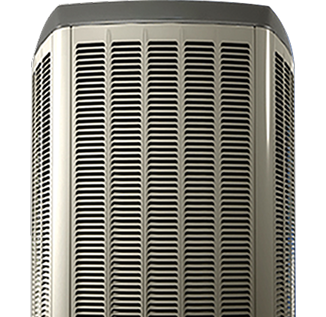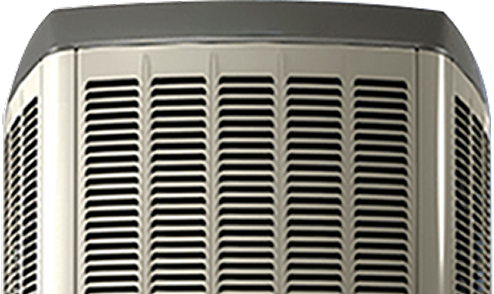Heating and Cooling Services Winnipeg Homeowners Depend On
For over 86 years, Furnasman Heating and Air Conditioning has proudly served Winnipeg families with trusted heating and cooling services. Our certified HVAC specialists work year-round to keep your home comfortable.
From furnace installations to air conditioning maintenance and full system assessments, we deliver efficient, reliable results. Trust Furnasman for all your HVAC needs—backed by our satisfaction guarantee.

For more details, read our reviews:
Read our reviewsFind a home HVAC technician near you:
Furnasman Heating and Air Conditioning is proud to offer reliable HVAC services to Winnipeg and its neighboring areas. Our skilled technicians are dedicated to providing heating, cooling, and indoor comfort solutions for every home.
- Birds Hill
- Charleswood
- Crestview
- Deerlodge
- East Kildonan
- East St Paul
- Elmwood
- Fort Garry
- Garden City
- Headingly
- Island Lakes
- La Salle
- Lindenwoods
- Lockport
- North Kildonan
- Oak Bluff
- Oakbank
- River Heights
- Selkirk
- Silver Heights
- Southdale
- St Andrews
- St Boniface
- St James
- St Norbert
- St Vital
- Steibach
- The Maples
- Transcona
- Tuxedo
- West Kildonan
- West St Paul
- Westwood
- Whyteridge
- Windsor Park
- Winnipeg
- Wolsely
- Woodhaven

We know that time is critical when things go wrong.
That's why our team is always prepared to respond swiftly to any heating, cooling, plumbing, or electrical emergency. Whether it's day or night, weekends or holidays, we're available to assist—expect us same day!
Our licensed professionals specialize in a wide range of services, from furnace repairs to air conditioner installations. No matter the issue, we handle it with precision and care. We know that unexpected disruptions can throw off your day, which is why we’re dedicated to delivering prompt, lasting solutions. When you reach out to us, you can count on a quick response—we’re always ready to assist.
Find the Right HVAC Solution
Unsure which system is the best fit for your home? Our team will evaluate your space and offer personalized recommendations based on your needs, preferences, and budget. Whether you require a new system installation or regular maintenance to keep things running smoothly, we’ve got you covered and we’re on our way!
Fast Service & Savings
We’ll help you choose the right HVAC system for your home. Our team’s thorough property assessments ensure that you get tailored recommendations that match your specific needs. Whether you need a brand-new system or ongoing maintenance, we’ll make sure everything runs at its best!
Experienced, Skilled & Ready to Help
With decades of experience, we work with all makes and models of HVAC systems. Our team continuously stays up-to-date with the latest advancements, ensuring we provide top-tier service. From urgent repairs to routine maintenance, we’ve built a reputation for fast, reliable plumbing, electrical, and HVAC services in Winnipeg.
Offering dependable heating, cooling, and indoor comfort solutions, Furnasman Heating and Air Conditioning proudly serves Winnipeg and surrounding communities. Our expert HVAC technicians are here to provide reliable service wherever you call home.
Need quick and reliable heating and cooling services in Winnipeg? Contact us at (204) 272-0333 to speak with one of our professionals or book your service online today!
Schedule a consultation for heating and cooling services in Winnipeg.

Our HVAC Services
Maintaining reliable climate control is crucial, not just for comfort, but to safeguard your family and property against Winnipeg’s harsh seasonal shifts. At Furnasman Heating and Air Conditioning, we offer a comprehensive suite of HVAC services tailored to meet all your home comfort needs across Winnipeg and the surrounding areas. Our team of trained professionals is equipped to handle every aspect of your home’s heating and cooling systems, ensuring seamless installation, maintenance, repair, and emergency support.
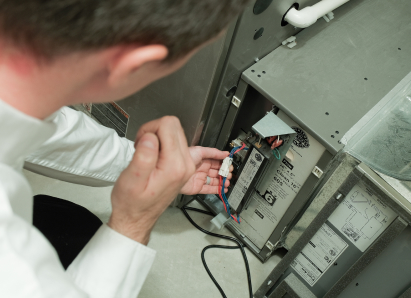
Heating Services
Boilers
Full installation, routine maintenance, and emergency service for hot water and steam boiler systems.
Centralized Heating Systems
Whole-home heating solutions designed for consistent warmth across all rooms.
Furnace Installation
Accurate sizing, clean installation, and system optimization for top furnace performance.
Furnace Repair
Emergency repair services for all furnace models, available 24/7.
Heat Pumps
Full-service installation and repair of energy-efficient heat pump systems for year-round comfort.
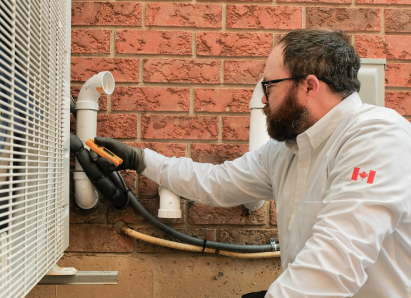
Air Conditioning Services
AC Installation
Properly sized and positioned air conditioning units for efficient cooling throughout Winnipeg summers.
AC Inspection
Complete inspections to catch potential issues before they lead to breakdowns.
AC Repair
Fast, efficient air conditioner repair for all makes and models, with same-day availability.
Heat Pumps
Installations and maintenance of heat pumps for both heating and cooling.
UV Air Purifiers
Integrated UV air purification to reduce indoor airborne contaminants.
Humidifiers
Whole-home humidifier installation and maintenance for balanced humidity.
Duct Cleaning
Thorough duct cleaning services to clear dust and debris from your air system.

Water Heaters
Water Heater Repairs
Prompt repair of traditional and tankless water heaters to restore your hot water supply.
Water Heater Installation
Safe, efficient installation of water heaters, with complete removal of outdated systems.
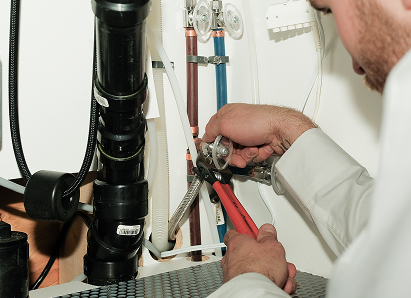
Plumbing Services
Faucets
Installation and servicing of taps and fixtures throughout the home.
Emergency Plumbing Services
24/7 rapid response to plumbing emergencies.
Kitec Plumbing
Replacement services for outdated Kitec plumbing systems.
Plumbing Repairs
Full-service plumbing repairs for leaks, clogs, and damaged pipes.
Sinks
Installation and repair of sinks in kitchens, bathrooms, and utility rooms.
Sump Pumps
Sump pump installation, inspection, and repair to prevent flooding.
Toilets
Fast repair and professional installation of toilets with minimal disruption.
Water Quality
Water filtration and purification solutions to protect plumbing and improve water taste.
Hydro-Jetting
High-pressure drain cleaning to clear buildup and tough blockages.
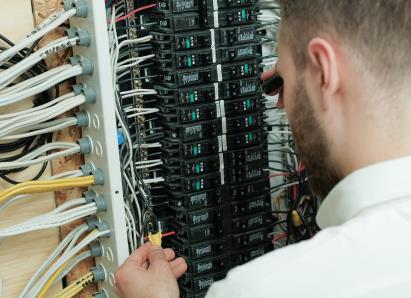
Electrical Services
Electrical Installations
Professional wiring and installation for home fixtures and devices.
Electrical Panel Upgrade
Modern upgrades to increase electrical capacity and improve safety.
Electrical Wiring
Safe, code-compliant wiring for renovations, new rooms, or rewiring of older homes.
EV Charger Installation
Home electric vehicle charger installations with secure electrical connections.
Pot Light Installation
Expert pot light wiring and installation for improved lighting aesthetics and safety.
Winnipeg’s Residential HVAC Service Professionals Since 1939
86+ Years of Proven Experience You Can Count On
Furnasman has proudly served the Winnipeg community since 1939, delivering reliable HVAC services to local homes and families. Our long history of success shows our dedication to craftsmanship, professionalism, and lasting customer relationships.
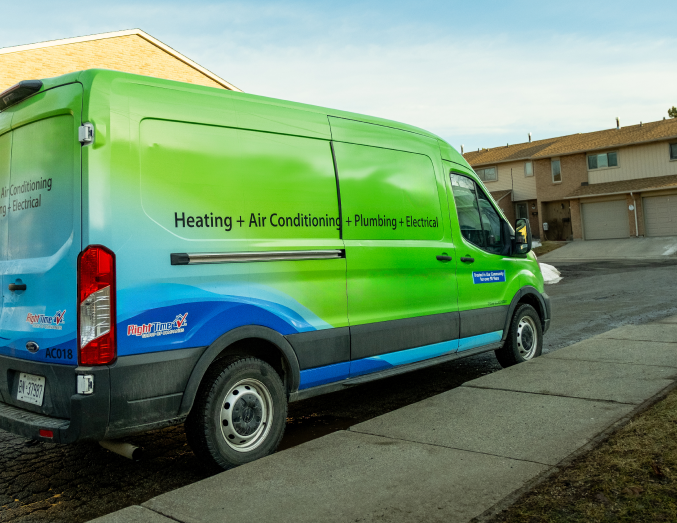
24/7 Emergency HVAC Service
We recognize that HVAC emergencies can occur at any time. That’s why we offer 24/7 emergency HVAC services, ensuring you’re never left without essential heating, cooling, or plumbing systems. Our technicians are ready to respond swiftly and restore your home’s comfort when it’s needed most.
Certified, Background-Checked Professionals
Each technician at Furnasman Heating and Air Conditioning undergoes extensive training, certification, and thorough background checks. When you invite our professionals into your home, you can be confident they are highly qualified, dependable, and committed to providing exceptional service.
Upfront, No-Surprise Pricing
Before any work begins, we provide clear, detailed estimates, ensuring no surprises along the way. Our honest pricing approach means you won’t face unexpected charges or hidden fees. We respect your budget and make sure you understand the cost involved in your HVAC service needs.
Satisfaction Guaranteed
Our dedication to your comfort goes beyond the service call. We back our work with a satisfaction guarantee, and if you’re not fully satisfied with our heating and cooling solutions, we’ll make it right. Your comfort matters to us, and we’re committed to ensuring your complete satisfaction.
Complete Home Comfort Solutions
We offer more than just HVAC services. Our complete home comfort solutions cover everything from plumbing and electrical systems to air quality and water systems. With our integrated approach, we ensure that all the systems in your home work together seamlessly for maximum comfort and efficiency.
